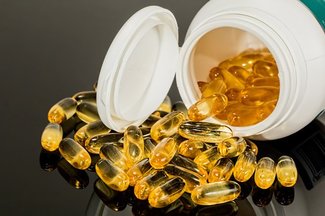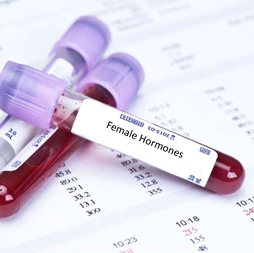CATAWBA NATURAL HEALING
Naturopathic Approach for fertility support |
Dr Amy, ND, LAcAt my clinic it's all about helping you achieve health and wellness with the upmost best care. I enjoy providing consultations to encourage and support your innate self healing process by utilizing natural therapies with the least harm. I believe that education is such an important aspect of improving one's health. The more you learn, the more you become more conscious of yourself and the changes that happen in your body. Categories |
Potential client pre-screening forms
Address
46 Cloninger Mill Rd, NE, Suite E
Hickory, NC 28601 |
Telephone |
Email (best way to contact) |








 RSS Feed
RSS Feed
